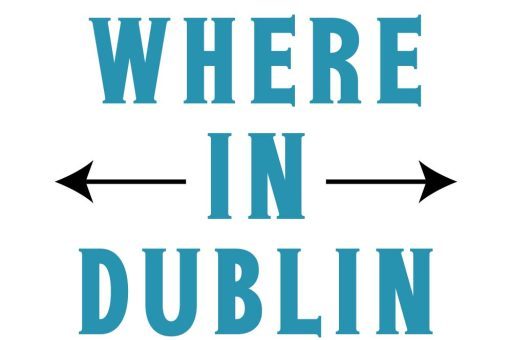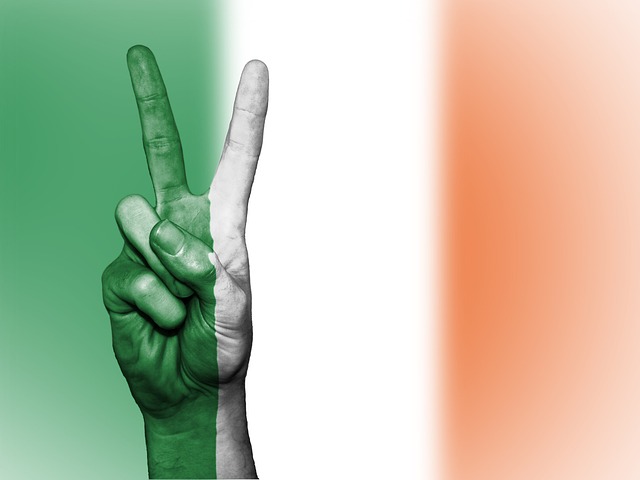If the question of Ireland vs. the UK ever pops up, it can feel a bit confusing. After all, these two countries share an island (at least partly), have intertwined histories, and speak the same language. But don’t be fooled, they’re very different in culture, politics, geography, and lifestyle. From my own personal experience, visiting both gives a completely different vibe. Let me break it down so it’s easy to understand, whether planning a trip, studying history, or just curious about the differences.
Geography: Islands, Borders, and Locations
The first thing to understand is geography. The United Kingdom (UK) is a country made up of four regions: England, Scotland, Wales, and Northern Ireland. It’s located on the British Isles, which includes the larger island of Great Britain and several smaller surrounding islands. Northern Ireland shares the island of Ireland with the independent Republic of Ireland.
On the other hand, Ireland usually refers to the Republic of Ireland, which is its own independent nation covering most of the island of Ireland. Only the northern part is part of the UK. Geography shapes not just politics but culture, accents, and even sports.
Key Geographic Differences
UK: Four nations, multiple accents, mix of mountains, rolling hills, and urban centers.
Ireland: Mostly rolling green hills, dramatic coastlines, fewer cities, and a smaller population than the entire UK.
From my own personal experience, driving through Ireland feels like entering a postcard, while traveling the UK gives a mix of city energy and rural charm depending on the region.
Political Structure: Independence vs. Union
One of the biggest differences is political. The UK is a constitutional monarchy. This means it has a monarch (currently King Charles III) but also a parliamentary system. England, Scotland, Wales, and Northern Ireland send representatives to the UK Parliament in London.
Ireland (Republic of Ireland) is a parliamentary democracy with its own president. It left the UK in 1922, following a long history of colonization, struggle, and independence movements.
Government Systems in Short
UK: Constitutional monarchy, parliamentary system, devolved governments in Scotland, Wales, and Northern Ireland.
Ireland: Parliamentary democracy, independent president, fully sovereign nation.
Politically, these differences impact everything from law to education. From my overall experience, even day-to-day life in Dublin feels less influenced by monarchy, whereas London has a strong royal presence.
Language and Accents: Same Words, Different Sounds
Both countries speak English, but accents, slang, and even some grammar differ. In Ireland, accents can vary drastically depending on the region – Dublin has a noticeable urban tone, while rural areas like Kerry or Galway have softer, melodic accents.
In the UK, accents range from the Scottish Highlands to Cockney London or the Welsh valleys. Each accent carries its own cultural identity. Interestingly, some words mean different things – for example, “boot” refers to the car trunk in the UK, but in Ireland, locals may say “boot” too, though other words differ.
Irish Language
Ireland: Irish (Gaeilge) is an official language, taught in schools, and used in signage. It’s a big part of national identity.
UK: English dominates, though Welsh is widely spoken in Wales, and Scottish Gaelic survives in parts of Scotland.
Based on my overall experience, hearing Irish spoken in day-to-day life gives the country a cultural depth you don’t find in the UK’s English-dominant cities.
Culture and Traditions: Unique Yet Connected
Culture in Ireland and the UK is deeply rooted in history, folklore, and music, but each has its own flavor.
Ireland: Known for traditional music sessions, storytelling, pubs, and festivals like St. Patrick’s Day. Irish people value community, humor, and casual friendliness.
UK: Offers a diverse cultural landscape – London has theaters, museums, and international food, while Scotland has kilts, bagpipes, and Highland games.
Sports differ too. In Ireland, Gaelic football and hurling are massive, while in the UK, football (soccer), rugby, and cricket dominate.
From my own personal experience, sitting in an Irish pub feels like a warm conversation with everyone there, whereas a night in a UK pub often feels more like an evening of entertainment with occasional friendly banter.
Currency and Economy: Pounds vs. Euros
Money-wise, the difference is straightforward but important.
UK: Uses the British Pound Sterling (£). Prices, taxes, and banking systems follow UK rules.
Ireland: Uses the Euro (€), aligning with the European Union economy.
Shopping, banking, and travel experiences change depending on which country you’re in. From my own personal experience, using Euros in Ireland makes cross-border travel into the EU easier, while the UK’s pound keeps it separate financially.
Travel and Transportation: Roads, Rail, and Flights
Transportation differs a lot.
UK: Extensive rail network, large airports, left-hand driving, and significant urban infrastructure.
Ireland: Smaller rail network, more rural roads, and also left-hand driving, but fewer major cities.
Ferries connect Ireland and the UK, making it easy to explore both. From my own personal experience, driving in Ireland offers scenic views, but narrow roads require patience, while the UK has faster motorways and urban traffic challenges.
Food and Drink: Culinary Flavors
Food is a cultural reflection of history.
Ireland: Famous for hearty dishes – stews, potatoes, soda bread, and seafood. Pubs often serve comfort food with a focus on local ingredients.
UK: Offers regional diversity – fish and chips in England, haggis in Scotland, Cornish pasties, and Welsh cakes. Afternoon tea culture is also iconic.
Beer, whiskey, and spirits are celebrated in both countries, but Ireland is particularly proud of Guinness and Irish whiskey. Based on my overall experience, food in Ireland feels more locally sourced, while the UK offers international influences.
Education and Healthcare: System Differences
Education and healthcare systems reflect national priorities.
UK: Education is divided between the four nations, with universities like Oxford, Cambridge, and Edinburgh. The NHS provides healthcare for residents.
Ireland: Education follows a national curriculum with universities like Trinity College Dublin. Healthcare is a mix of public and private, different from the NHS.
From my own personal experience, navigating healthcare in Ireland is straightforward, but the NHS in the UK is massive and sometimes more bureaucratic.
Tourism and Landmarks: Different Attractions
Both countries have incredible sites.
Ireland: Cliffs of Moher, Ring of Kerry, Dublin’s literary history, and ancient castles. The landscapes are dramatic and mostly untouched.
UK: Big Ben, Tower of London, Stonehenge, Scottish Highlands, and castles across England, Scotland, and Wales. Cities offer historical and modern attractions side by side.
From my own personal experience, Ireland’s natural scenery is breathtaking, while the UK offers a mix of history, culture, and modernity.
Lifestyle and Social Norms
Lifestyle differences can be subtle but noticeable.
Ireland: Slower pace outside cities, strong emphasis on community and local events, and friendly social interactions.
UK: Faster pace in cities, diverse population, more urban-focused activities, and slightly more reserved social interactions compared to Ireland.
Based on my overall experience, socializing in Ireland feels intimate, while in the UK it varies by region – London feels cosmopolitan, while smaller towns feel closer-knit.
Summary: Ireland vs. UK
At the end of the day, Ireland and the UK share history but offer distinct experiences. Ireland is independent, scenic, and culturally rooted in Gaelic traditions. The UK is diverse, historically rich, and politically complex. From my own personal experience, traveling to both gives a broader understanding of British and Irish identity, but each country leaves a unique impression.
Whether planning a vacation, studying the culture, or exploring heritage, knowing these differences helps set expectations and deepens appreciation for both.


